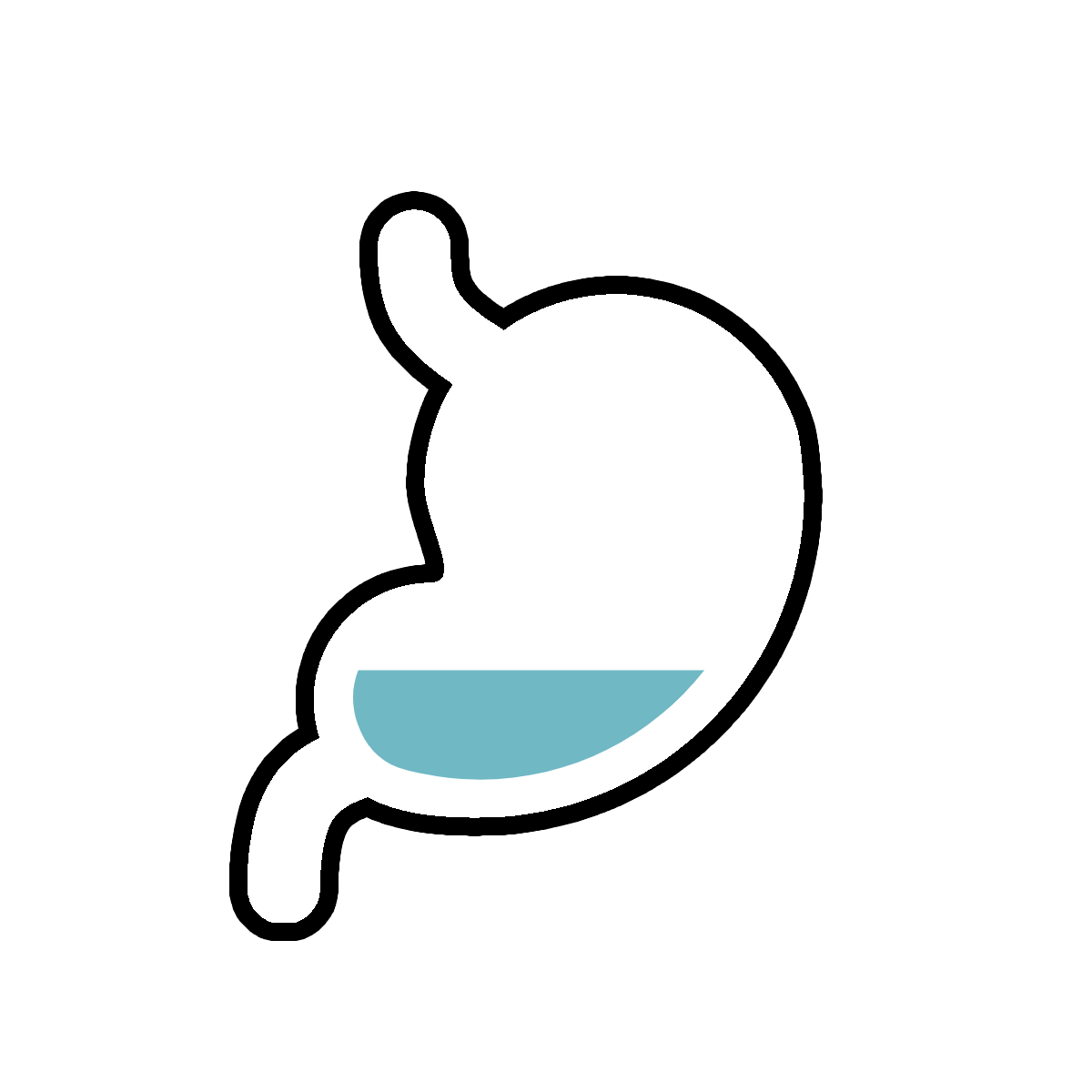Gut Health
Gut health is the foundation of wellness and vitality. When digestive issues arise, allopathic medicine masks the symptoms. Functional Medicine focuses on the root cause of health issues – which starts in the gut. Balancing the gut can have a positive impact on immune function and general health.
Leaky Gut • Autoimmune conditions • Diarrhea • Bloating • Fibromyalgia • Food Allergies • Helicobacter Pylori Infections
Have you tried to follow medical protocols for digestive symptoms, only to experience suboptimal results? Digestive problems are quite common, including constipation, pain, diarrhea, heartburn, acid reflux, and more. But just because the general population experiences these symptoms doesn’t mean that it’s “normal” to have chronic gut issues.
Applying functional medicine for gut health gives you a personalized approach through lifestyle changes that optimize your overall health. Gut health is one part of a complex puzzle within the human body, which is why a holistic approach is essential. If you want to reduce your symptoms and improve your digestive function, then it’s necessary to address multiple factors that influence your gut.
0%
of our immune system is in our gut0%
of serotonin is produced in the small intestineDigestive disruptions can be the cause or the effect of anxiety, stress or depression. 3
0%
U.S. population has functional bowel problemsThese new findings may explain why a higher-than-normal percentage of people with IBS and functional bowel problems develop depression and anxiety. 4
Digestion is a complex process that breaks down foods so your body can use the nutrients and components. These vital building blocks, including both macronutrients and micronutrients, are only available through proper digestion. Unfortunately, poor digestion makes it hard for the body to access nutrition from the food.
“Leaky gut” is a condition of increased intestinal permeability. Typically, there is a tight barrier in the intestinal tract that manages what is absorbed into the bloodstream. When this intestinal lining is inflamed and irritated, it causes toxins and partially digested foods to penetrate tissues outside of the digestive system. As a result, common chronic diseases and inflammation can develop.
The truth is that the signs of gut health problems don’t always show up as symptoms in the abdominal area. An imbalance in the gut can result in a variety of seemingly unrelated symptoms, such as autoimmune conditions, joint pain, low energy, frequent illness, and more.
- https://www.health.harvard.edu/topics/digestive-health
- https://www.scientificamerican.com/article/gut-second-brain/
- https://www.healthline.com/health/digestive-health/things-your-gut-wants-you-to-know
- https://www.hopkinsmedicine.org/health/wellness-and-prevention/the-brain-gut-connection
"Every day we live and every meal we eat we influence the great microbial organ inside us - for better or for worse."
- Giulia Enders
Our Approach
When you choose services from a functional medicine provider, this approach is quite different from western medicine. Allopathic doctors rely on medications to suppress symptoms, while functional medicine doctors get to the lifestyle factors causing the underlying issues. We’ve found that six lifestyle pillars play an essential role in gut health and overall wellness:
Physical Activity & Exercise
Regular exercise supports regularity in the gut. The movement helps with natural contractions in the intestines, which move waste out of the body. Also, researchers found that exercise can change the gut microbiome, although the exact effect is still yet to be discovered.
Healthy Eating
It’s no surprise that your food choices affect the function of the digestive system. Processed foods, sugar, and junk food are not only lacking in essential nutrition, but they also cause inflammation. On the other hand, a high-fiber, nutrient-dense diet promotes good gut function and helps with overall wellness.
Restorative Sleep
Studies have found a correlation between gut health and sleep patterns. Not only does insufficient sleep disrupt digestive function, but poor digestion can also impact your rest. The gut-brain connection is affected by hormones, which can affect your ability to sleep at night.
Stress Management
When stress kicks in, the body goes into “fight or flight” mode in response to the situation. Even though modern-day stresses aren’t typically life-threatening, your brain can’t tell the difference. Fight or flight affects digestion, which decreases nutrient absorption. Additionally, stress can weaken the intestinal barrier and increase the risk of the wrong gut bacteria entering the body.
Avoiding Risky Substances
Having alcohol or drug use disrupts the natural gut biome by reducing “good” bacteria and promoting the growth of “bad” bacteria. This disruption leads to a leaky gut, which can result in a variety of other gastrointestinal symptoms. If you want to improve your gut health, it’s essential to avoid risky substances like drugs and alcohol.
Social Connection
The gut-brain connection plays a vital role in mental health, which can affect your relationships. At the same time, researchers have also suggested that close social relationships correlate with a healthy gut microbiome.
We take a unique, holistic approach in healthcare, giving patients the knowledge to address the root cause of disease so they can overcome chronic health issues.
As you learn more about a Lifestyle Medicine approach, you’ll see that gut health has a far-reaching effect throughout the body. Making small, daily changes to support gut health puts you back in control again, giving you the tools to live a thriving life.
The Gut: Your 2nd Brain
There is a close connection between gut health and brain health, which is why doctors often refer to the gut as the second brain in the body. Managing gut health is essential to optimize the function of the Enteric Motor System. Lifestyle Medicine gets to the root issues that impact gut health, helping to improve systems throughout the body.
Mechanisms of Leaky Gut
A Gateway Condition to Chronic Poor Health
Diet
Modern foods can contribute to leaky gut, including alcohol, processed foods, sugar, dairy, and gluten.
Medications
Certain medications can disrupt gut function, increasing the likelihood of leaky gut: antibiotics, corticosteroids, antacids, and xenobiotics.
Infections
Chronic and acute infections play a role in digestive function and can increase the risk of leaky gut: parasites, yeast, H. pylori, viruses, and bacteria.
Stress
Hormones (such as cortisol) are affected when the body is under stress, causing disruptions to digestive functions.
Hormonal
When hormone levels drop, it has an impact on leaky gut: testosterone, estradiol, progesterone, and thyroid hormones.
Neurologic
Neurodegeneration, stroke, and brain trauma are all issues that can contribute to leaky gut and digestive dysregulation.
Metabolic
Metabolic conditions, such as autoimmune and intestinal inflammation, are key factors in a leaky gut.
Gut-Immune-Autoimmune Connection
Many autoimmune responses in the body can be linked back to the gut. The immune function is triggered by lifestyle and environment, resulting in an infection response that mistakenly attacks the body’s own tissues. Functional Medicine can address autoimmunity by reestablishing a healthy gut biome, which has a domino effect to improve overall health and wellness.
Improving gut health can improve your overall life!
Book an appointment with our team if you’d like to learn more about the functional medicine approach for a healthy gut.

